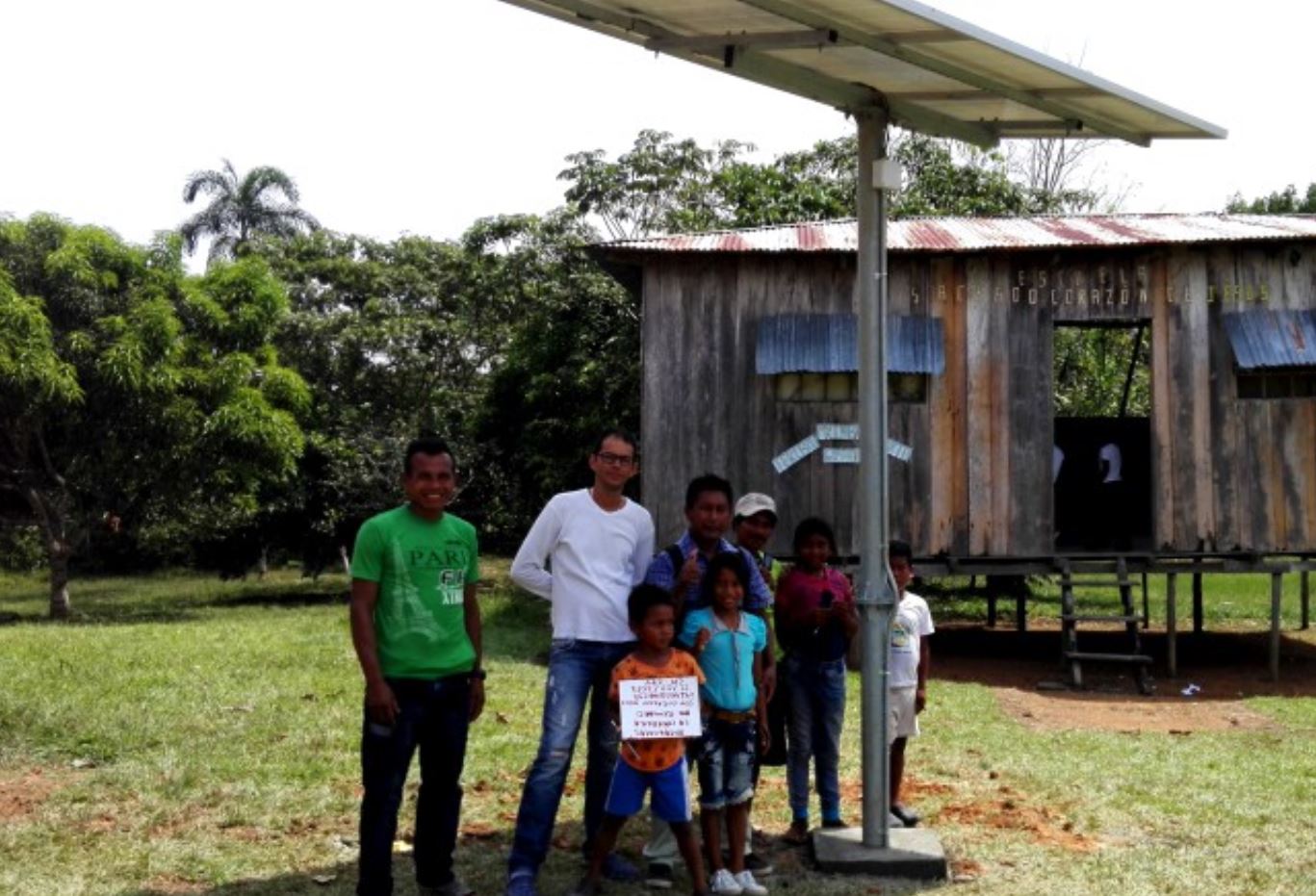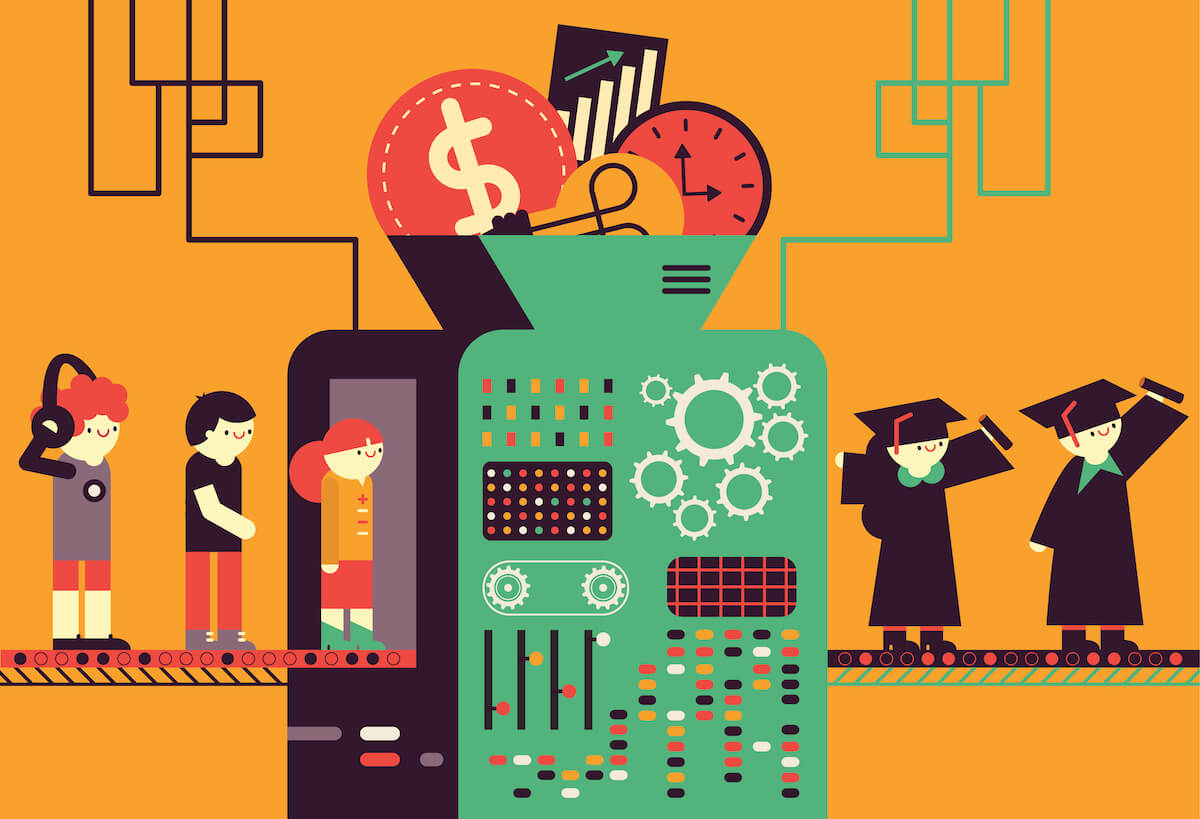At Acumen Latam Impact Ventures (or ALIVE Ventures), one of our solar energy investments has reached over 100,000 beneficiaries with their solar installations in off-grid areas of Colombia.
But we know this isn’t impact.
We can infer from these numbers that there are likely positive changes occurring for those people and their communities. But we don’t know how positive, profound or persistent those changes may be. Most importantly, from that count we don’t know how our investee might further improve the impact of its services.
To generate such insights with all of our portfolio companies, we take a direct-to-beneficiary approach, assessing impact by surveying the people and businesses whose lives and companies are affected by portfolio company products and services.
To illustrate how we have begun to move from counting beneficiaries to generating actionable impact data, we’ll dig into the results of an impact measurement study – conducted in partnership with 60 Decibels – which helped us understand, for those off-grid communities, what changes occurred because of the services provided, and why the results of that study are key to improving impact (and business) performance.
Electrifying schools
Despite significant expansion of the electric grid, about 20 million Latin Americans do not have access to electricity. Access to clean, renewable energy can help off-grid households move up the energy ladder and improve health, education, and economic outcomes which endure over time.
Sunco, formerly SunColombia, is a solar energy EPC (engineering, procurement, and construction) company with a strong focus on social impact. The company has developed solar systems for off-grid communities with a focus on electrifying rural schools in Colombia, thus allowing students and teachers to have a sustainable and constant source of energy. This line of business was the focus for the impact measurement study.
To date, Sunco has helped more than 100,000 beneficiaries access renewable energy. We spoke to some of them to find out how that renewable energy had affected their lives.
Beneficiary voices
“The teaching quality has improved, 100%. Access to permanent energy opens doors to other important services; in our case to the internet.”
“With the panels, you can turn on the light, it has improved the security, and now I can review homework at night.”
Our impact measurement project, implemented in partnership with 60 Decibels, focused on how Sunco is impacting schoolteachers and students in the schools where it had completed installations.
Type 1 installations refer to solar panels only (‘aulas solares’). Type 2 installations refer to solar panels and other education-related tools delivered to the schools (‘aulas solares interactivas & kioscos’). The study was completed via telephone calls to 151 school administrators and 152 parents of students across a random sample of 474 schools in off-grid areas of Colombia.
Here is a snapshot of the results of the study:
What we heard
The study revealed powerful evidence of the positive effects electricity generation can bring to not just previously off-grid schools, but the overall communities they are a part of.
For example, 34% of school administrators reported that the school is used for community activities now where it was not previously thanks to Sunco’s services. Of the parents in communities where the school has a Type 2 installation (provision of educational tools), more than half of parents reported that they have used the tools themselves. These data demonstrate a direct impact on the community more broadly, beyond the impact on the students while they are in class.
In terms of education experience, 83% of parents and 90% of school administrators said it had improved. Administrators cited being “better able to teach”, “improved academic performance”, and “improved classroom facilities” as outcomes being generated by the energy access.
It is also clear that the solar installations have generated overall quality of life improvements. An impressive 85% of school administrators reported improved quality of life due to: improved condition of school/classrooms, improved quality of education, and accessing energy, for themselves or students.
The results from this study indicate that Sunco is not only reaching underserved communities but having a significant impact in their lives.
Acting on insights
These results take Sunco several steps further from simply saying how many lives they have impacted. The insights can now be used as data-driven evidence which validates Sunco’s social impact thesis, helping to improve relations with external stakeholders, onboard new clients, and even internally to improve recruitment and retention.
Furthermore, Sunco has understood in a deeper way the “ripple effect” of their school-based solar installations. Not only do educational spaces improve, but the schools also seem to become hubs for other community activities and electricity uses.
Thus, these data point to the importance of not just installing solar panels, but the impact opportunity offered by delivering complementary solutions which provide community training, tools, and maintenance, all of which may amplify the positive impacts of the installations in the long term.
Sunco is now bolstering efforts to better their post-installation support. They are also exploring new strategies to deliver more digital tools to these schools, helping communities to take full advantage of the electricity, further expanding the potential for positive community impacts generated through the electrification of rural schools.
Alan Pierce is impact and knowledge sharing manager at Acumen Latam Impact Ventures.











